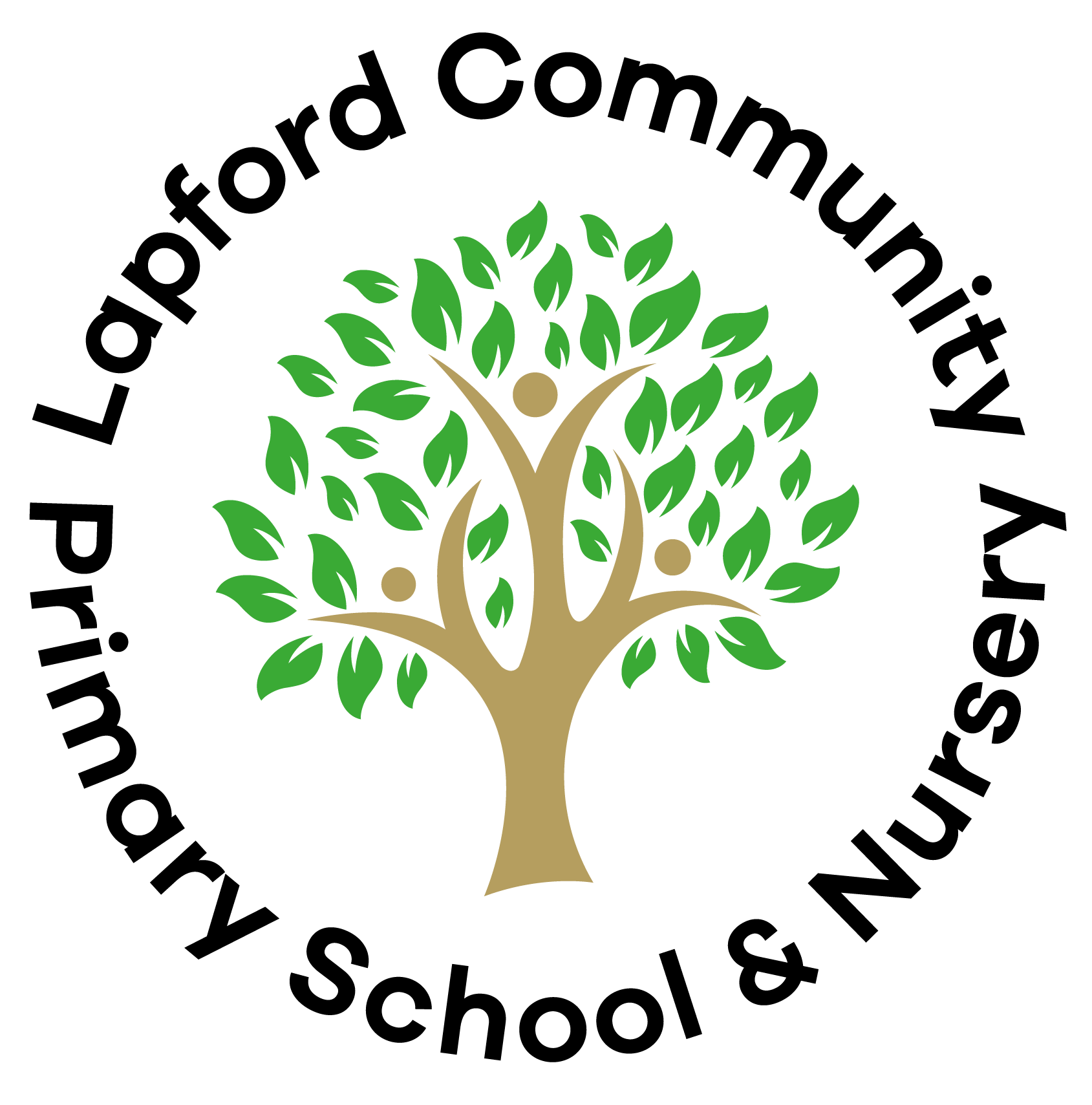MFL
Subject Vision:
The opening statement of the Languages Programme of Study states:
‘Learning a foreign language is a liberation from insularity and provides an opening to other cultures.’
This has never been more crucial.
At Lapford Primary School it is our vision that languages are for life. The study of a language is seen as an important part of our pupils’ education as languages are part of the cultural richness of our society and the world in which we live and work. Learning French contributes to mutual understanding, a sense of global citizenship and personal fulfilment. The ability to understand and communicate in another language is a lifelong skill for education, employment and leisure in this country and throughout the world.
Key features of our French curriculum:
• High expectations of every child
• Practical approach to learning French as a modern foreign language
• Engaging activities which allow children to practise and revisit key vocabulary
• Balanced opportunities for listening, oral and writing skills in French with a focus on the development of phonic understanding.
Intent:
A high-quality languages education should foster pupils’ curiosity and deepen their understanding of the world. The teaching should enable pupils to express their ideas and thoughts in another language and to understand and respond to its speakers, both in speech and in writing.’ (National Curriculum 2014)
The intention of the French curriculum at Lapford Primary School is that children are taught to develop an interest in learning other languages in a way that is enjoyable and stimulating. We encourage children’s confidence and strive to develop children’s curiosity about language. We strive to embed the skills of listening, speaking, reading and writing, which are necessary to enable children to use and apply their French learning in a variety of contexts, as well as lay the foundations for future language learning. Learning a foreign language is a necessary part of being a member of a multi-cultural society and provides an opening to other cultures. Our high-quality languages education helps to foster children’s curiosity and deepen their understanding of the world. The teaching enables children to express their ideas and thoughts in another language and to understand and respond to its speakers, both in speech and in writing.
Implementation:
We currently teach French regularly across Key Stage 2 and we use the "Language Angels" scheme of work to support this. This provides clear progression for the development of speaking and listening, vocabulary acquisition as well as offering clear support for the adults delivering the scheme.
A variety of the following techniques are used to encourage children to have an active engagement with French:
• Games – in order to develop vocabulary through repetition, reading, writing, speaking and listening skills.
• Role-play – these should relate to the situations the children may find themselves in the future.
• Action songs and rhymes – to develop phonetic skills, memory skills and to further vocabulary.
• Reading and writing materials from the scheme.
• Displays around school showing new vocabulary being learnt and prompting children to use their new learning outside of their French lesson.
In addition to using the ‘Language Angels’ scheme of work we have the opportunity within the Academy to organise for a member of the French teaching staff at Chulmleigh college to deliver some French lessons to our Key Stage 2 classes. This is great in enhancing their knowledge and understanding of learning the French language, but it also provides the children with the experience to aid transition to Key Stage 3 in the future.
In the future, we hope to celebrate the European Day of Languages, with the children engaging in a range of activities to develop their knowledge and understanding about the country of France, the food they enjoy and landmarks that can be seen there. This will involve the whole school, providing the younger members of our school with the opportunity to have a ‘taster’ for their future language learning and begin to foster the curiosity about it.
Impact:
Through careful planning and delivery, children will develop a love of languages and a willingness to experiment; developing confidence to speak, ask questions and communicate with others in French. Furthermore, the impact of teaching French using all the approaches outlined above will be seen in the following ways –
- Children will become more confident and fluent in speaking, reading, writing and listening to French.
- Children will become aware that a language has a structure, and as they progress through Key Stage 2 they will develop more knowledge about the structure.
- Children will transfer to KS3 effectively and successfully and will be well-prepared to continue and develop their language skills.
